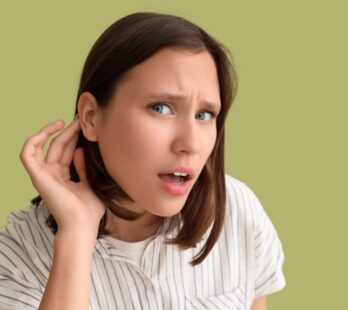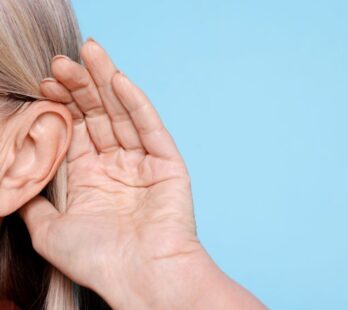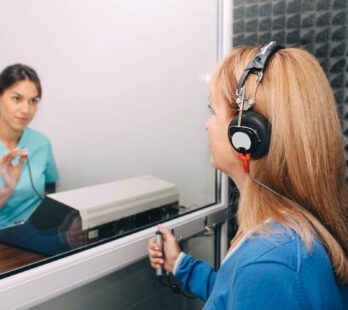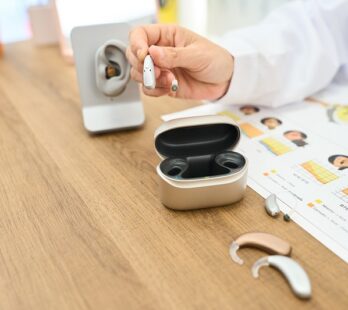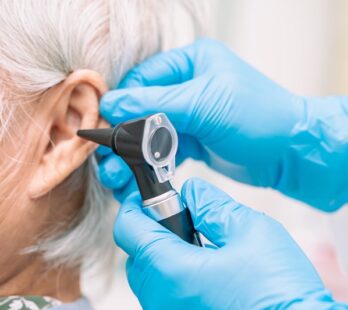New Year Hearing Resolutions for Better Communication
January is a time for reflection and improvement, making it an ideal month to focus on hearing health. Clear hearing plays a vital role in communication, relationships, and daily confidence.
Recognizing Subtle Hearing Changes
Hearing loss often develops gradually, making early signs easy to miss. Common indicators include:
- Difficulty following conversations
- Frequently asking others to repeat themselves
- Trouble hearing in noisy environments
- Ringing or buzzing in the ears
Identifying these signs early can lead to better outcomes.

